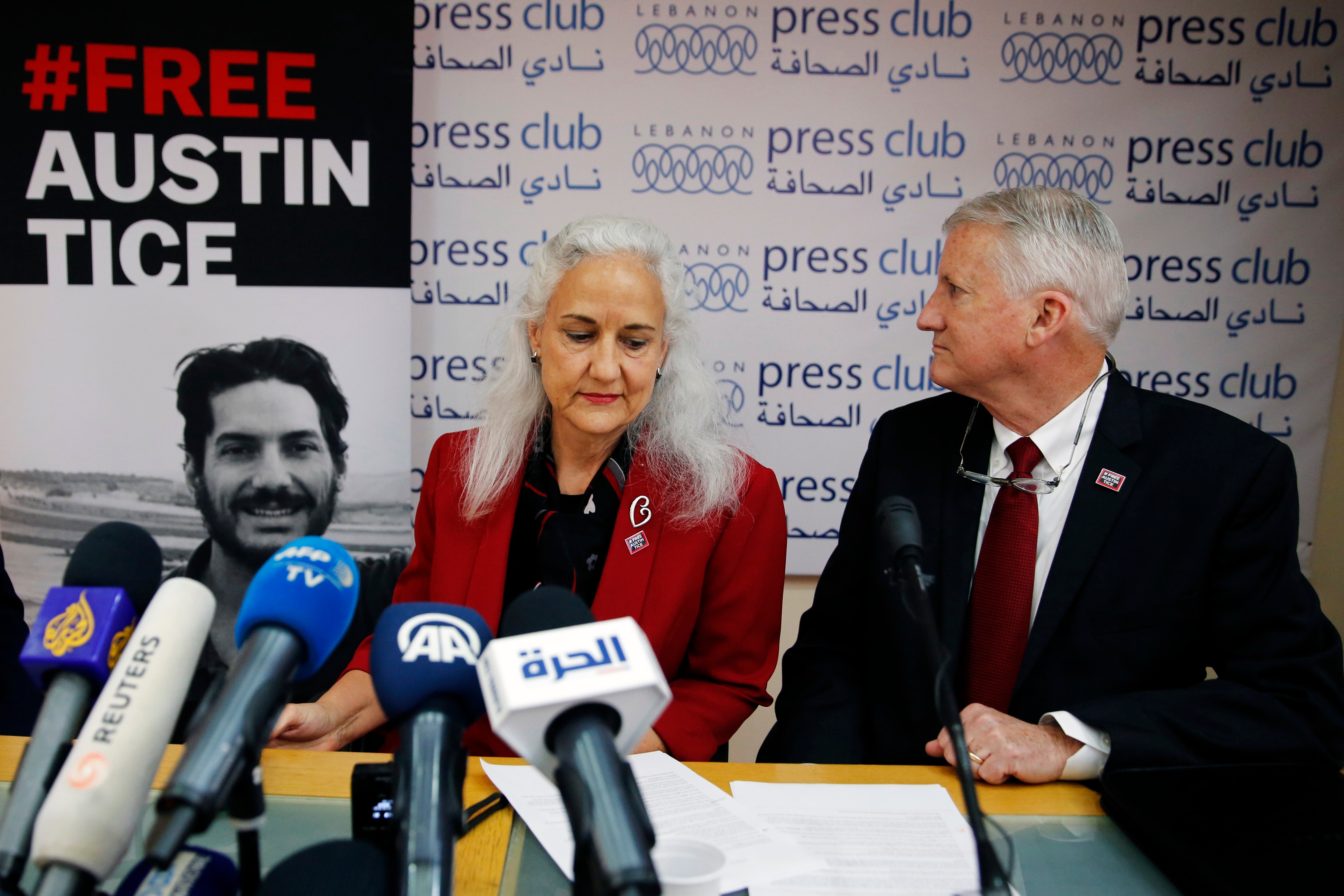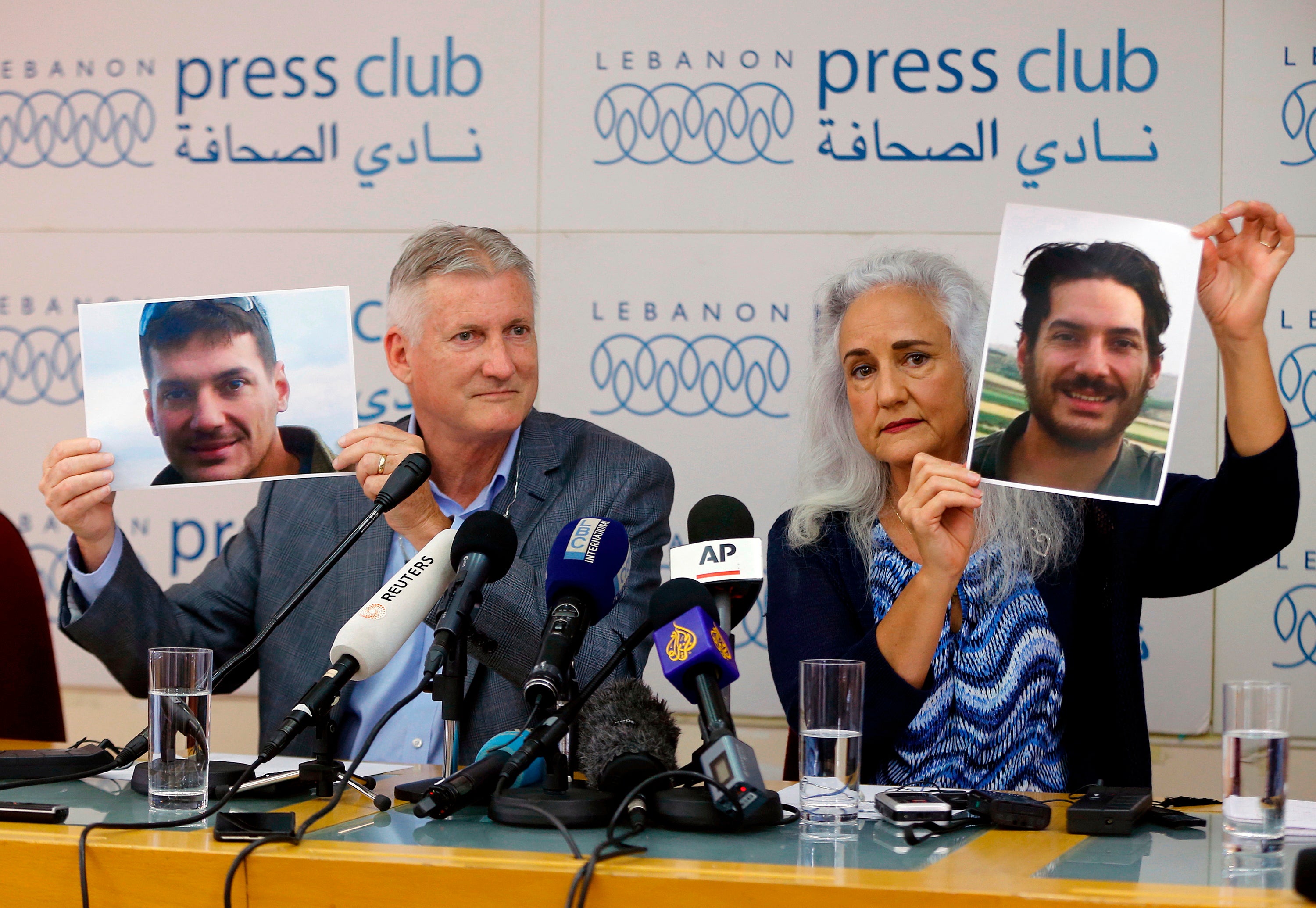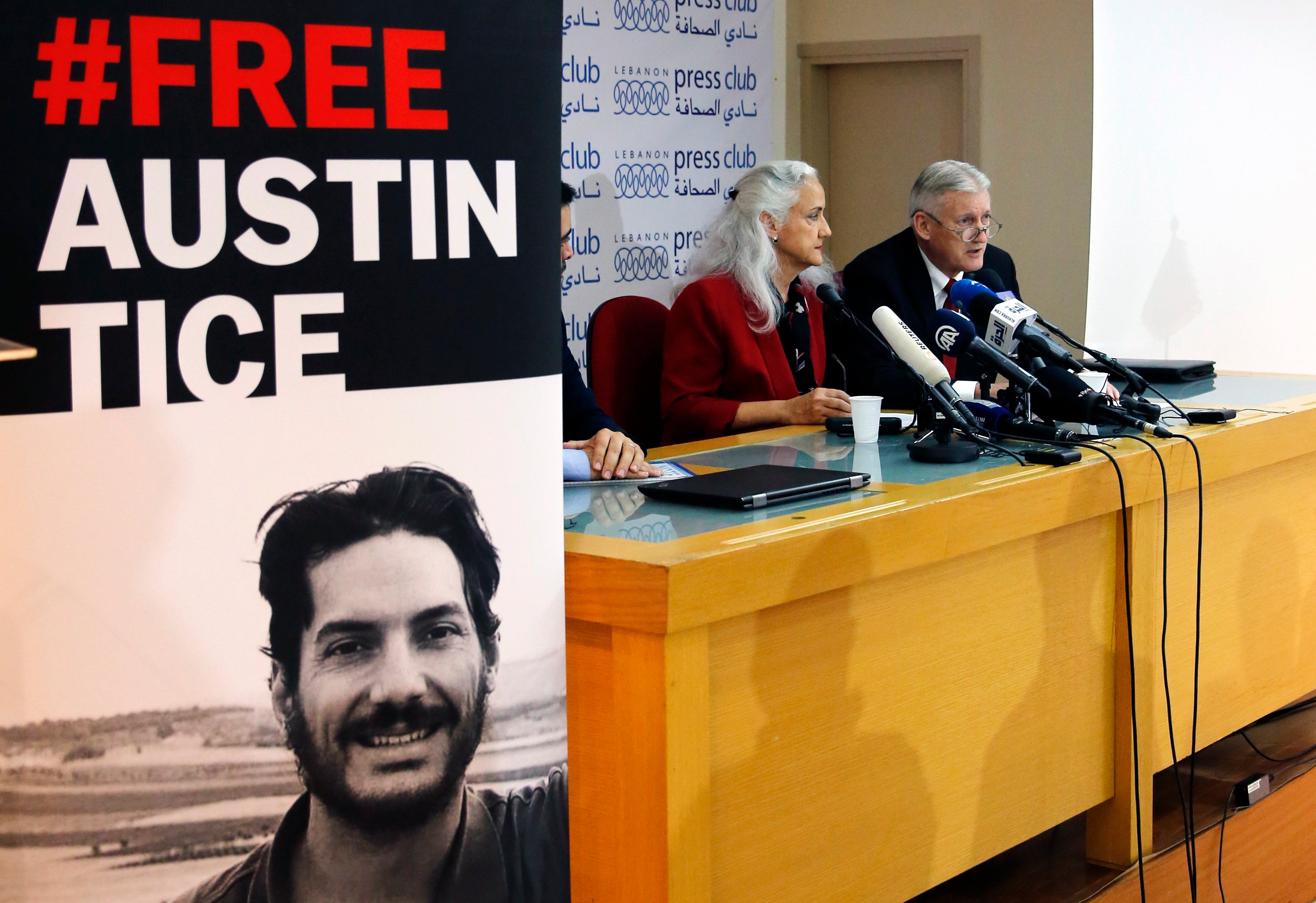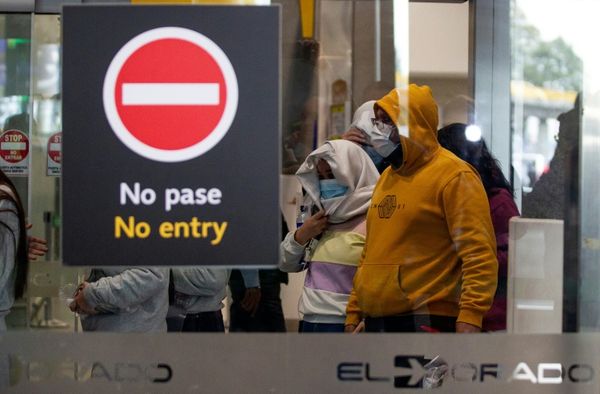
US journalist Austin Tice disappeared in Syria ten years ago as the country collapsed into civil war.
Mr Tice has long been thought to have been captured by President Bashar al-Assad’s government - but on 17 August the country’s foreign ministry denied holding him captive.
Here’s what we know about the case:
Who is Austin Tice?
Mr Tice is a former US Marine from Houston, Texas.
He disappeared on 14 August 2012, not long after his 31st birthday, at a Damascus checkpoint while freelancing for the US newspaper company McClatchy, The Washington Post and other outlets.
At the time, he had been in the country for months, reporting on opposition rebels after anti-government sentiment lead to civil war.
A video appeared online shortly after his apparent capture seemingly showing a blindfolded Mr Tice walking while being held by armed men.
That was the last time he was seen.
If he remains alive today, the former Marine infantry officer, who was deployed in Iraq and Afghanistan, would be one of the Americans to spend the longest time in foreign captivity. He had his 41st birthday on 11 August.
Syria denies holding Tice
The Syrian Ministry of Foreign Affairs issued a statement on 17 August, in which they deny they “kidnapped” or are “holding any American citizen on its territories,” The Independent reported.
“The US issued last week misleading and illogical statements by the American president and secretary of state that included baseless accusations against Syria that it had kidnapped or detained American citizens including former US Marine Austin Tice,” the statement added.
Biden ‘certain’ Syria captured journalist
Last week, President Joe Biden said that US intelligence knew “with certainty” that the reporter and former Marine had been held by Mr Assad’s government since his disappearance while reporting in the country in August 2012.
In a statement on the tenth anniversary of Mr Tice going missing, Mr Biden said, “we know with certainty that he has been held by the Government of Syria”.
“We have repeatedly asked the government of Syria to work with us so that we can bring Austin home,” he added.

The Syrian government said on Wednesday that “any official dialogue with the American government will only be public based on the respect of Syria’s sovereignty”.
Meanwhile, Mr Tice’s family have argued that the Biden administration hasn’t done enough to make Syria release him. There are diplomatic issues between the two countries, with formal relations between them having been shut down.

Recent progress
McClatchy, for which Mr Tice was freelancing at the time of his apparent capture, said this week that the attempts to free him, involving several countries, had been gaining momentum and that direct contact between the US and Syrian governments had taken place.
A McClatchy spokesperson said on 15 August that steps forward had been taken because of efforts by both the Biden administration and the journalism sector.
According to The New York Times, McClatchy spokesperson Susan Firey said that “this anniversary was an opportunity to shine a light on Austin’s decade-long plight”.
“And, in tandem, to shine a light on the decade-long inaction of three administrations,” she added.
Parents Debra and Marc Tice wrote an Op-Ed in The Washington Post last week, wrote about the large family events, such as weddings and graduations that have occurred since Mr Tice disappeared. They called on Mr Biden to expand diplomatic attempts to free him.

A senior Biden official told The Times that the US has “engaged extensively” with Syrian officials and third parties to free Mr Tice, but added that the Syrian government have yet to agree to discuss the issue.
Debra and Marc Tice met with Mr Biden at the White House on 2 May. He instructed his national security aides to speak directly with the Syrian government, the parents wrote in The Post.
The Lebanese head of security Abbas Ibrahim met with Biden officials and the CIA weeks after that meeting, according to the president of Hostage Aid Worldwide, Nizar Zakka. The group has been working with Mr Ibrahim and the US for two years to secure the release of Mr Tice.
The goal of that meeting was to locate avenues where progress with the Syrian government could be made. They have always tried to avoid answering questions about Mr Tice, Mr Zakka told The Times.
Debra and Marc Tice noted in their piece for The Post that “the president was serving as vice president when Austin was abducted; he knows that in those early days the Syrians were eager for U.S. engagement in the case. When, in 2014, Debra spent 83 days in Damascus knocking on doors, making phone calls, doing everything possible to learn of Austin’s whereabouts, a senior member of the Syrian government said: ‘I will not meet with the mother. Send a United States government official of appropriate title’.”

Embassies closed in 2012 and 2014
The need for back channels and third parties in communications between the US and Syria stems from the lack of diplomatic relations. The US ended its presence in Damascus in 2012 when it closed its embassy – Syria shut the doors of its Washington, DC embassy two years later in 2014.
The US has put in place sanctions against officials in the Syrian government and military and on banks and businesses in the country because of human rights violations.
“We’re encouraged by recent news that the Biden administration has initiated direct outreach to the Syrians. We hope they choose to send ‘a government official of appropriate title’,” Debra and Marc Tice wrote in The Post. “They should not be deterred by State Department concerns about high-level recognition of Bashar al-Assad. Officials at the highest levels of our government deal with controversial leaders every day. Just last month, the president himself fist-bumped one of them.”

“Every day without Austin brings renewed pain. Every time our family gets together, there’s a void where Austin should be,” the parents added.







